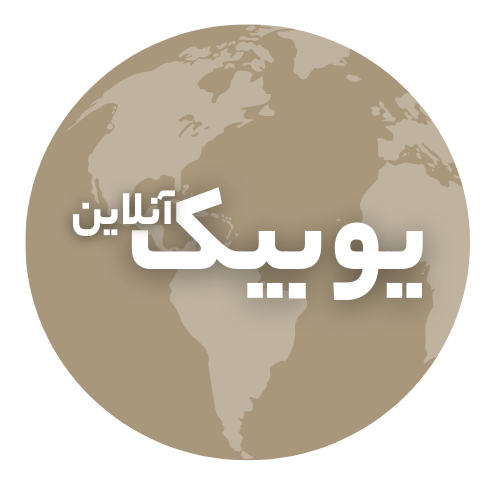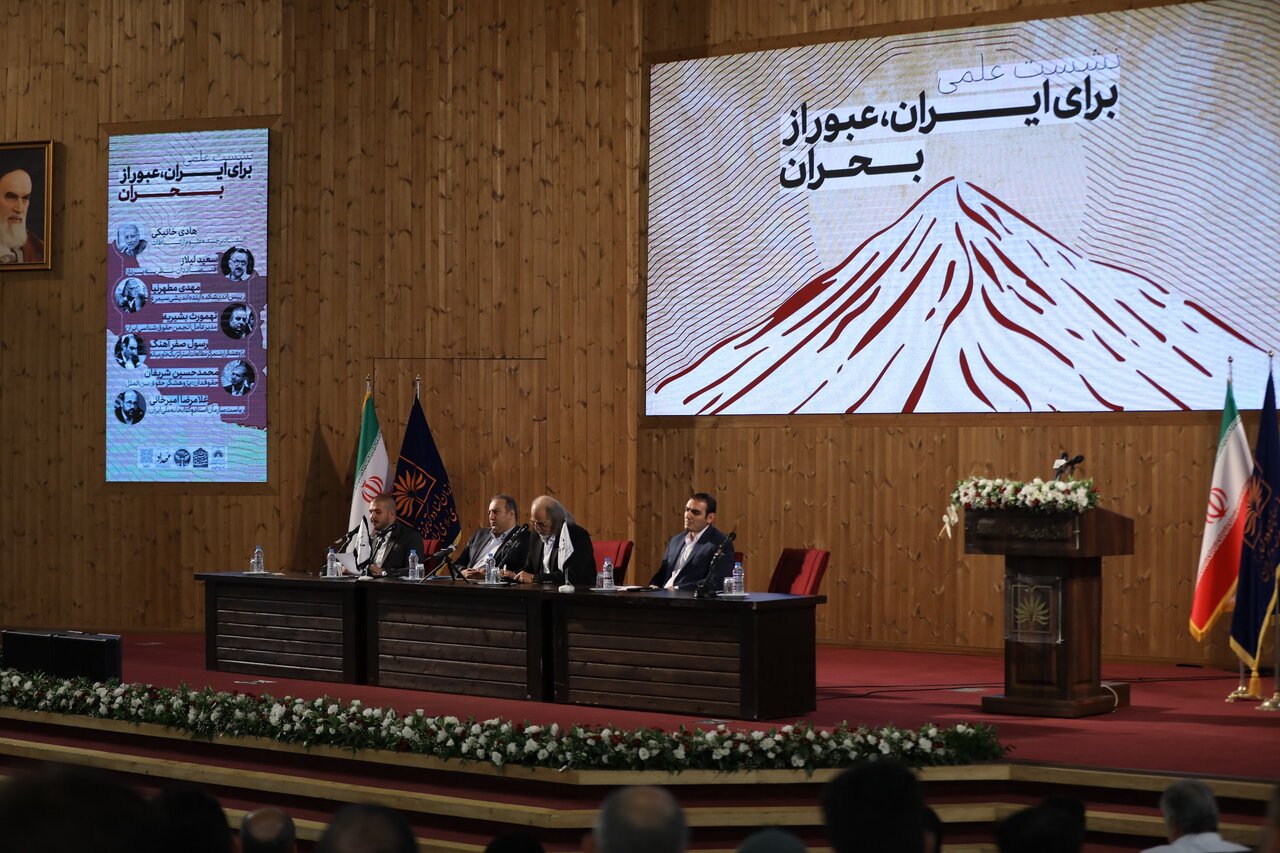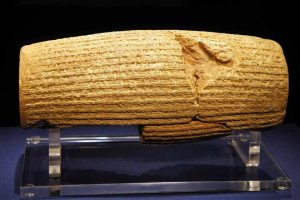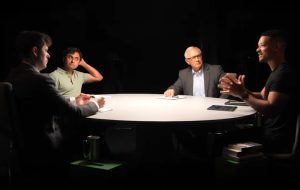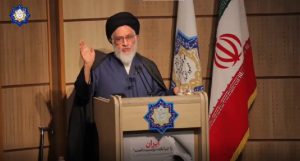According to the news agency Online NewsSummary of the speakers provided by the conference officials, including the lectures of Dr. Mohammad Hossein Sharifian, the lawyer and the presenter of the conference, Dr. Gholamreza Amirkhani, Head of the National Library and Documentation Center of Iran, Dr. Rasool Safar, Director of the Middle East Political Economics Department, Dr. Allameh Tabatabai University’s communication is that they have their views with their audiences.
The collapse of international order and identity questions of Iran
Initially, Mohammad Hossein Sharifan, a lawyer and presenter of the conference, gave a speech at the opening of the conference, providing the basis for deep conversations. Referring to the consequences of the June 6 attack on Iran, the Israeli Zionist regime on Iran emphasized the necessity of comprehensive analysis of the country’s challenges and considered the conference an opportunity to redefine Iran’s position in the modern world order.
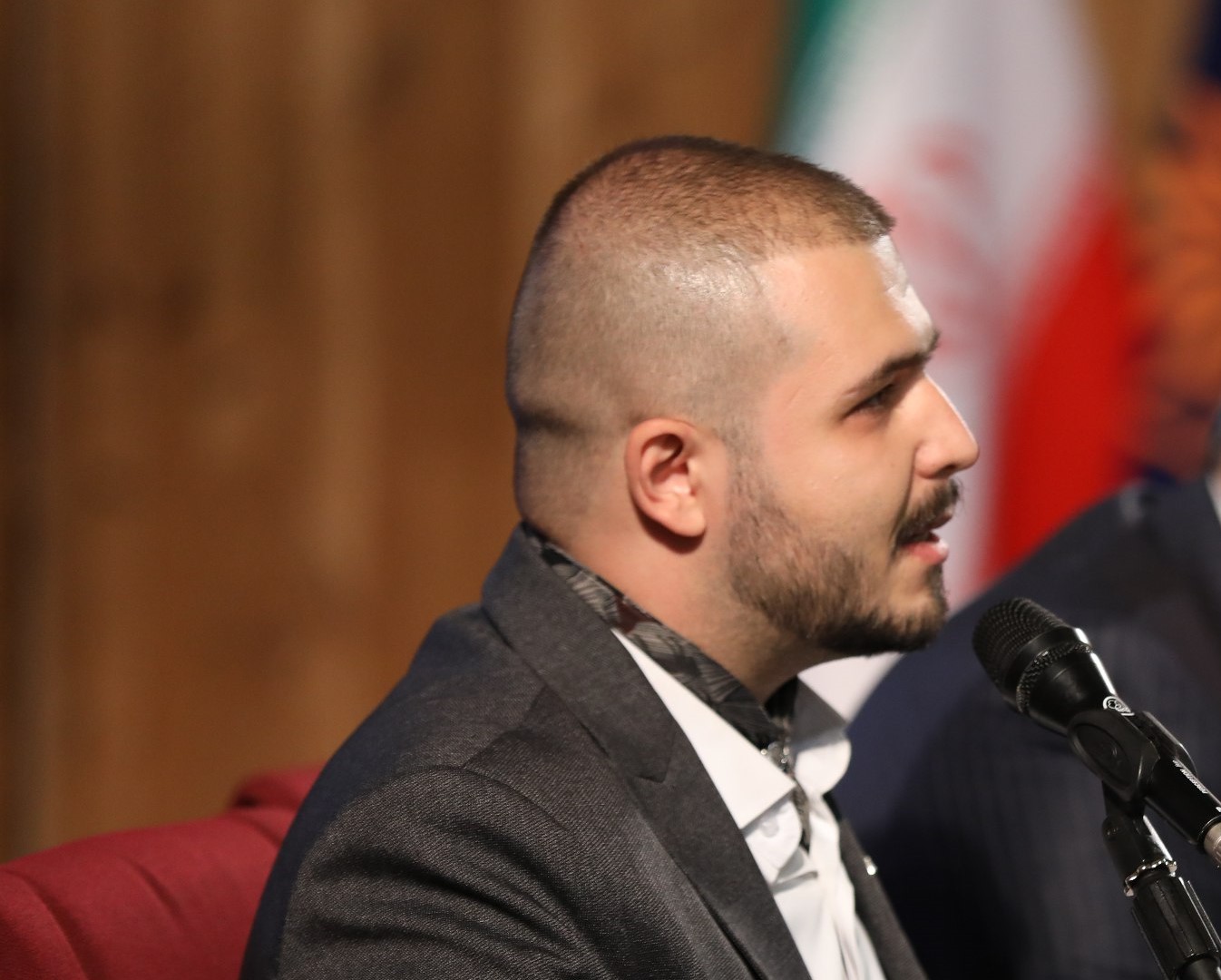
Mohammad Hossein Sharifan, lawyer and presenter of the conference
Comparing the current situation with the failure of the United Nations on the eve of World War II, Sharifan said: “The United Nations and the International Law System have been virtually powerless to violate the territorial integrity of countries. “In this historic point, Iran can become the capital of the new landscape of the Middle East, provided that it acts with rationality, solidarity and social creativity.” He described the economic, political and social challenges as intertwined disciplines that reinforce each other and need an integrated approach. “These crises, from inflation and the devaluation of the national currency to the livelihoods and social disruption, can only be solved by collective cooperation,” Sharifan added.
Sharifan emphasized the need for transparency, responsibility and reform of governance structures, and said, “Reflecting the relationship between government and society through the strengthening of civil institutions, accepting the diversity of views and tastes, and changing grammatical economy policies to a free and competitive economy is the key to crossing the crisis.” Referring to history, he pointed out that “nations have been able to open new paths in difficult moments by relying on collective rationality and social creativity. “Iran can also use these challenges as an opportunity to rebuild by relying on its rich cultural and historical heritage.”
Sharifan also emphasized the necessity of active diplomacy and intelligent multilateralism: “Iran should strengthen its place in world order with regional coalitions and informal cooperation. “It requires the participation of elites, students and civil society.” At the invitation of the students of international law and relations, he emphasized the role of the younger generation in shaping legal diplomacy, saying, “You are students, the future of this discourse.”
History Lessons for the Future of Iran: Dynamics in the heart of the crisis
Dr. Gholamreza Amirkhani, the head of the National Library and Documentation Center of Iran, presented his discussion in light of the Mongol invasion of Iran. Amirkhani concluded the conference on the day of Rumi’s commemoration, referring to the difficult times of the 7th century AH, the emergence of figures such as Rumi, Saadi and Khawaja Nasir al -Din Tusi as a sign of Iran’s unique capacity.
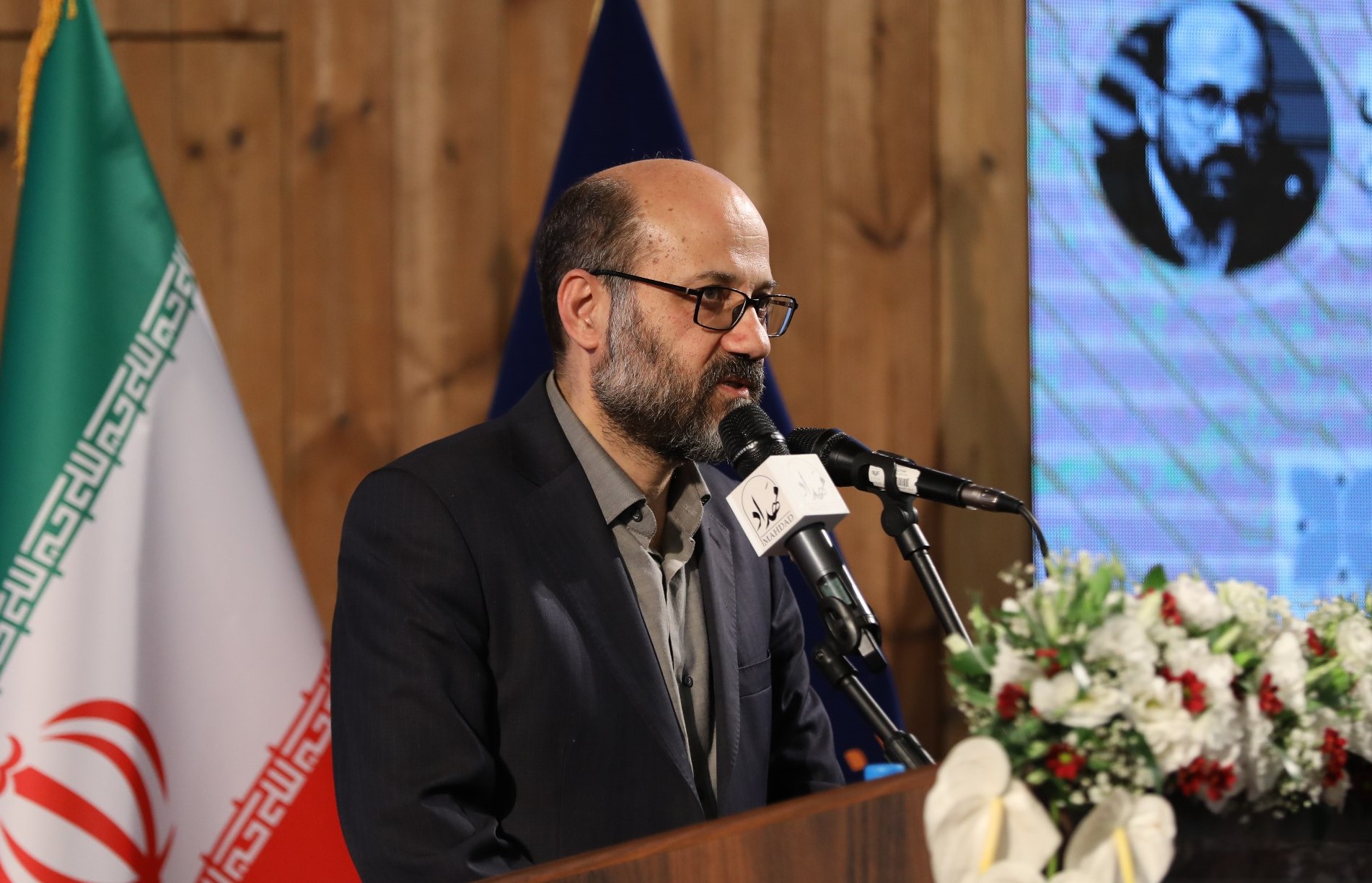
Dr. Gholamreza Amirkhani, Head of the National Documentation and Library of Iran
Amirkhani, referring to the story of the fisherman in Mawlawi, stated: “The shadow prosecution is an error that we should avoid. Iranian history shows that in critical situations, we have found new ways by relying on culture and thought. ” “This conference is an opportunity to re -read these capacities and avoid repeating past mistakes,” he added.
Examples of other countries, he emphasized the necessity of adopting preventive policies: “Finland, on the eve of World War II, maintained a balance with the Soviet Union with intelligence and evaluation. The United Kingdom also came out of the proud air battles, relying on national identity. Iran can also pass through this neck with clever policy making and elite cooperation.Referring to the role of the students, Amirkhani said, “The younger generation, with its knowledge and creativity, can provide new solutions to these challenges.”
Amirkhani warned of the dangers of false pride: “The acceptance of the responsibility of the failures by individuals and political currents is a key step in the crisis. Cooperation between statesmen, civil institutions, universities and elites, along with emphasis on national identity, can overcome Iran from these challenges to health.Referring to the role of the National Library as a cultural institution, he added, “This institution is ready to document these dialogues to develop policy strategies.”
Emphasizing the role of culture in national resilience, Amirkhani said: “Iran, with a legacy such as Rumi and Saadi, has shown that even in the darkest moments, it is capable of creating light. “This conference is an invitation to recreate this light with the participation of all Iranians.” He urged students to participate in rebuilding national identity, inspired by this legacy.
Issue Recognition: Passage Crossing Superligent
Dr. Rasool Safar -eang, director of the Department of Political Economics of the Middle East Strategic Studies Center, emphasized the importance of knowing the issues as the first step in resolving crises with a scientific and systematic approach. Relying on policy models, he described the continuation of challenges such as the water crisis, economic inequality and unemployment as a result of a lack of accurate knowledge and sustainable political will.
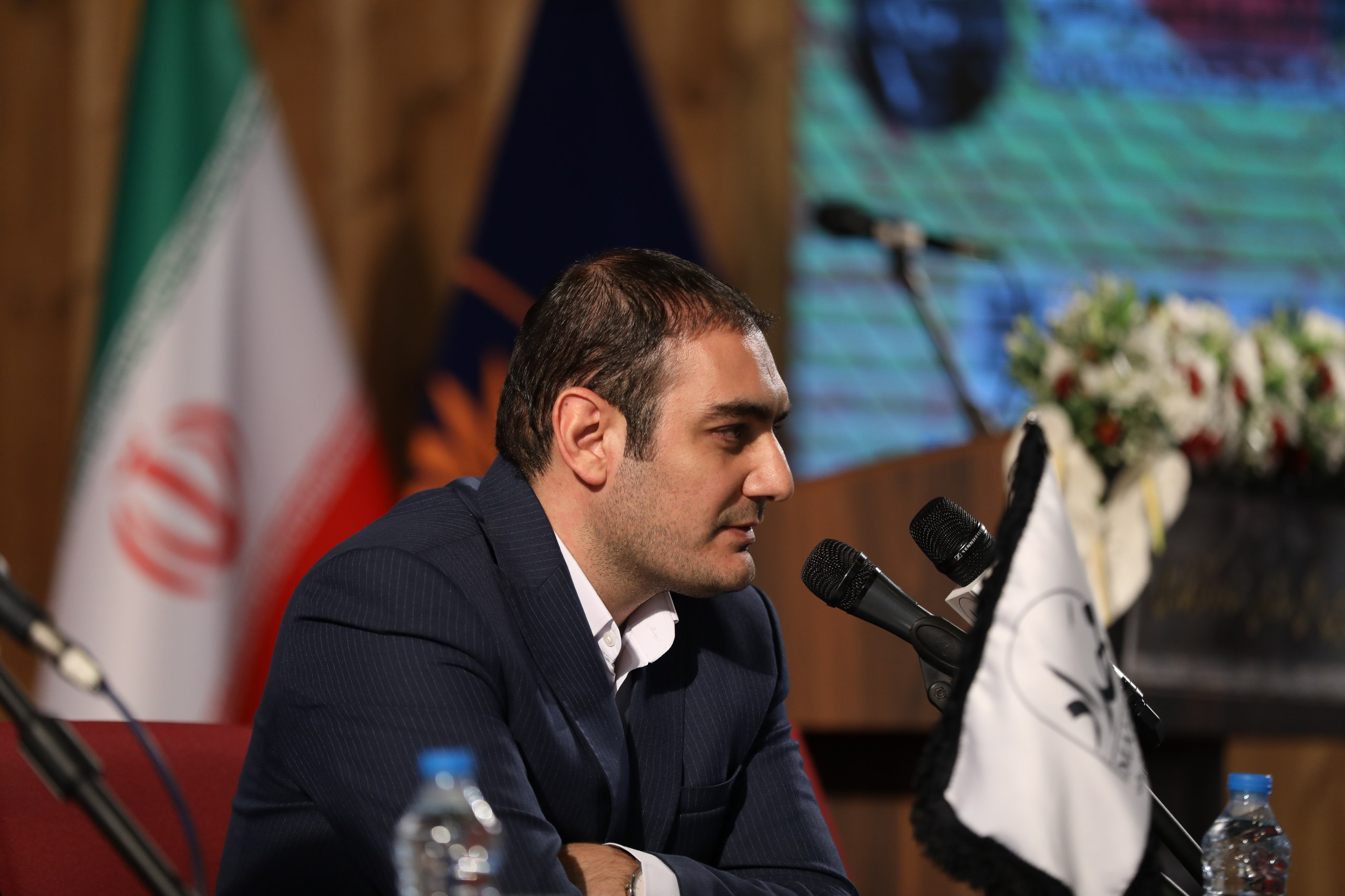
Dr. Rasool Safar Shang, Director of Political Economics Center for Strategic Studies in the Middle East
“Without accurate understanding of the problem, solutions are inefficient,” said Safar Ahang. “Crisis such as water, inequality and unemployment have been transferred from government to government because of the lack of policy -making.” “This is the result of repeated changes in the body’s body and political priorities that prevent policy cohesion,” he added.
Referring to John Kingdon’s model, he said, “Solving the problem requires precise description, provision of expert solutions and political will. “In Iran, the golden windows of opportunity are limited due to political change.” “Students and researchers can open these windows by providing data -oriented analysis“.”
Zero Ahang, examining the water crisis, said: “In the 1980s, dam -building policy was pursued, in the 1980s, unstable agriculture expanded, and in the 1980s, the temporary revival of Lake Urmia failed. In unemployment, too, the early designs of the 1980s and the sustainable employment of the 1980s did not work because of the mismatch of market needs. ” “These failures are the result of the lack of coordination between policymakers and experts“.”
“The formation of a Freed Government,” the National Council of Sustainable Policy, relying on transparency, participation of stakeholders and valid data, can provide coherent solutions and prevent the invention of the wheel, “Safar -eang said. He urged students to help develop credible data for the institution with their research.
“Students and civil activists can help improve decision -making processes by overseeing policies and evidence -based proposals,” said Safar -eang, emphasizing the role of civil society. “This conference initiates such partnership.”
Futurizing Iran: From the crisis to sustainability
Dr. Mehdi Motaharnia, Director of the Simorgh Future Research Institute, with a future look, It analyzed Iran’s crises in the evolution of the challenge to the disaster. Emphasizing the need to identify weak, medium and strong signals, he emphasized the timely management of challenges to prevent becoming a supercar. Motaharnia said. “Challenges, if not managed, lead to problem, problem, crisis, and ultimately disaster. “Today, Iran is faced with challenges such as the collapse of social capital, public distrust, and widespread elite migration.” “The rent economy, sanctions and structural corruption have weakened the country’s financial system and needed an urgent review,” he said.
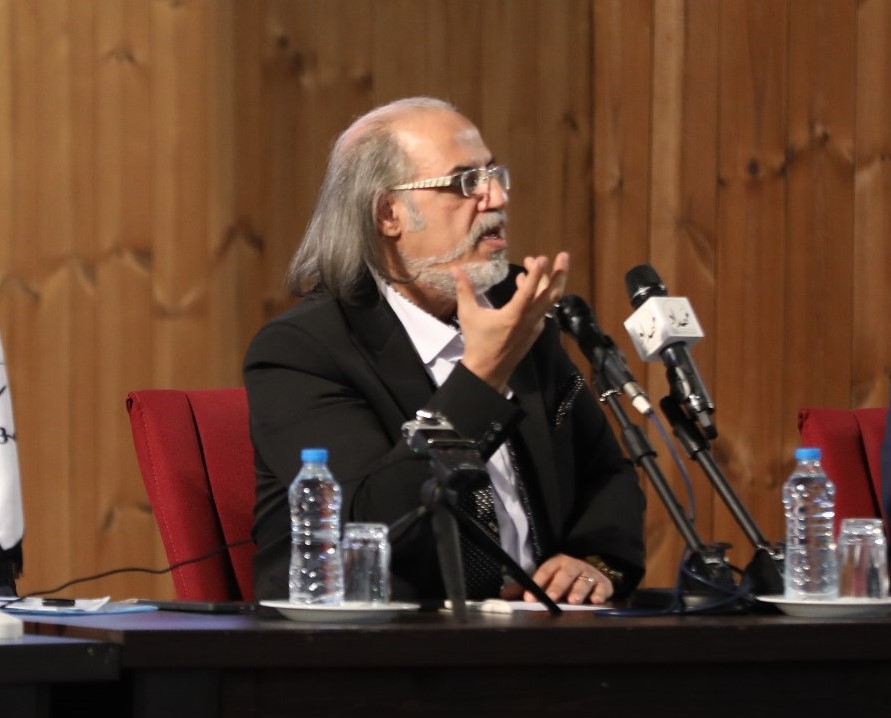
Dr. Mehdi Motaharnia Director of Simorgh Future Research Institute
He presented four scenarios: “Gradual stabilization, with high internal consensus and mild external pressure, is the best way but out of reach. Low isolation and freezing, with low internal consensus and severe external pressure, lead to deep recession. Untouched logical tension, with high internal consensus and severe external pressure, have limited victories. The structural conversation, with a gentle external pressure, seems unlikely. ” “Students and researchers can help future policy making by analyzing these scenarios,” Motaharnia emphasized.
Motaharnia suggested: “Transparent economic reforms, opening up interdisciplinary dialogue and strengthening economic diplomacy can save Iran from the decision -making crisis. “Preserving the national identity and culture of Islamic Iran is the priority of all Iranians.” “Economic diplomacy, with the participation of elites and students, can be a way to reduce the effects of sanctions,” he said.
“The main crisis is the inability to make big decisions,” Motaharnia said, referring to the ritual and structural war. “By gathering elites and students, the conference can be a starting point for rebuilding decision -making processes.”
Rights in the service of the community: Necessity of peace with people
Dr. Tahmour Bashirieh, a lawyer and professor at Allameh Tabataba’i University, focused on foreign policy -based approach to analyzing the Iranian legal system from the perspective of ideological impacts. Criticizing criminal law, he emphasized the need for legal reforms to manage society and strengthen Iran’s position in the international arena. “The sacred view of law, especially in criminal law, has made law a tool for suppression,” Bashirieh said. “Article 4 of the Constitution and concepts such as corruption on earth have enabled widespread interpretation and violations of individual rights.” “This view has weakened Iran’s position in the international legal system and needs to be revised,” he added.
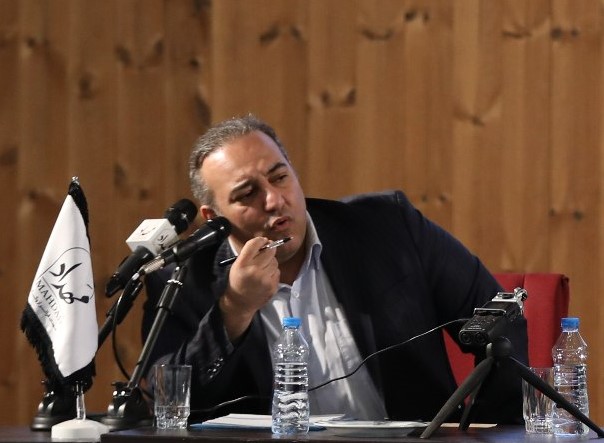
Dr. Tahmour Bashirieh Lawyer and Professor of Allameh Tabatabai University
Referring to the judicial cases, he said, “Execution on charges of disrupting the economic system or closing the street reflects the wrong priorities of the legal system. Laws such as Qasama are not compatible with today’s social realities. ” “These laws have reduced public confidence and led to elite migration,” Bashirieh said.
Bashiriyeh suggested: “Rights must serve society, not repression. “Social custom must adjust everyday matters such as coverage and corrected criminal laws to rebuild public trust.” “Law students can help to formulate laws appropriate to the needs of society,” he said.
“Iran can strengthen its position in the region using international legal tools,” said Bashiriyeh, emphasizing foreign policy. Regional legal cooperation is a way to reduce tensions and attract investment. “
Reconstruction of trust through dialogue: media and social solidarity
Dr. Hadi Khaniki, a professor of communication sciences at Allameh Tabatabai University, with communication analytics described the social disruption of Iran as the main challenge of Iran. He emphasized the need to create open -minded and empathetic dialogue spaces, emphasizing the reduction of confidence in official media, and urged students to participate in this direction. “The decline in official media and media displacement caused by attitudinal developments has exacerbated communication at vertical and horizontal levels,” Khaniki said. “This situation has led to mistrust and social anger.” “Filtering and restrictions have failed to make up for this move,” he added.
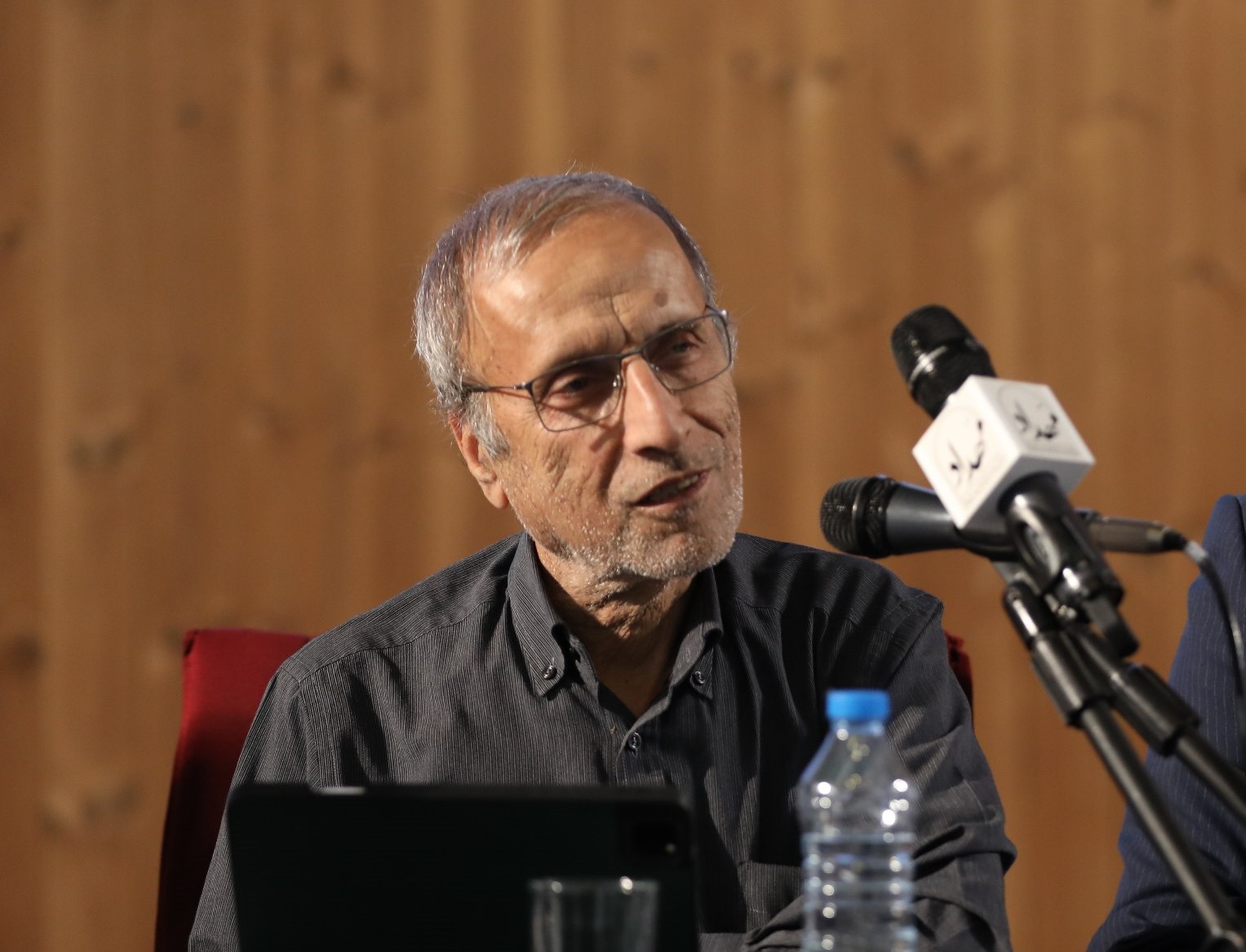
Dr. Hadi Khaniki, Professor of Communication Sciences at Allameh Tabatabai University
He said. “Iranian society has been traumaled under the pressure of discrimination and inequality. The lack of a common narrative and dialogue weaken trust and we need to revise the language of the messages.“Communication students can help reduce this disruption by researching media literacy,” Khaniki emphasized. Khaniki suggested, “Creating safe spaces for dialogue, realistic narrative of people’s issues, training professionals and empathetic storytelling can help rebuild trust and strengthen social resilience.” “The responsible transparency and the construction of a collective Iranian ‘we’ is one of the duties of the media,” he added.
“The younger generation, by mastering modern technologies, can create promising and inclusive narratives,” Khaniki said. “This conference is an opportunity to start this move.”
Read more:
Iran’s two -way; Original politics or going to the elegance/ understanding the right understanding depends on the original politics/ cannot be governed by a hundred and a half last year.
Now the “danger of Iran” needs new decisions and new invitations / Let Iran go to the stages of God’s needless / rescue Iran with “thirty chickens” or “Simorgh”?
Early parliamentary elections and rejuvenation of the system of governance / people’s trust in the young missile sector in the war / referendum are dangerous, inefficiency is the result of aging of the system of governance.
Mohammadi Gorgani says of the intellectual roots of the hell of modernism in Gaza / From Nietzsche to Foucault; Gutter
1
منبع: www.khabaronline.ir
